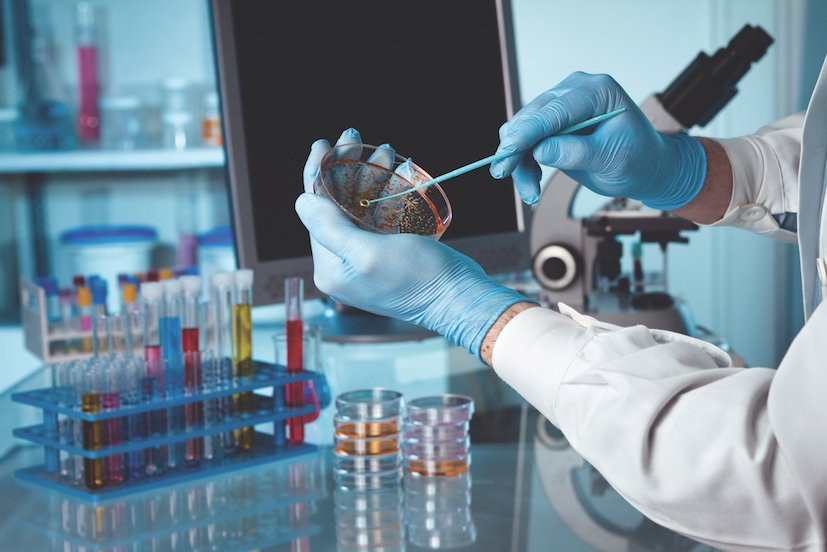JNCASR proposes novel way to counter multi drug-resistant bacteria
July 22, 2022 | Friday | News
The novel idea can help strengthen the activity of obsolete antibiotics and bring them back into use for treating complicated infections
Image credit: shutterstock
Scientists at Bengaluru-based Jawaharlal Nehru Centre for Advanced Scientific Research (JNCASR), an autonomous institute of the Department of Science and Technology, have come up with the approach of revitalising the efficacy of existing antibiotics by using them in combination with antibiotic adjuvants- ingredients that can help counter resistance to existing antibiotics. This novel idea can help strengthen the activity of obsolete antibiotics and bring them back into use for treating complicated infections.
The combination of the adjuvant with antibiotics like fusidic acid, minocycline, and rifampicin inactivates multidrug-resistant Gram-negative bacteria. These include Acinetobacter baumannii, Pseudomonas aeruginosa, and Enterobacteriaceae.
The study, published in the journal ACS Infect. Diseases, highlights the chemical intuition and extent of membrane-perturbation required for the design of non-active and non-toxic adjuvants. The choice of a non-active adjuvant would also put less pressure on the bacteria to develop resistance to it. Moreover, weak membrane perturbation would result in less toxicity.
This work requires proper validation in in-vivo model systems, followed by preclinical studies, which will further add value to the work.









